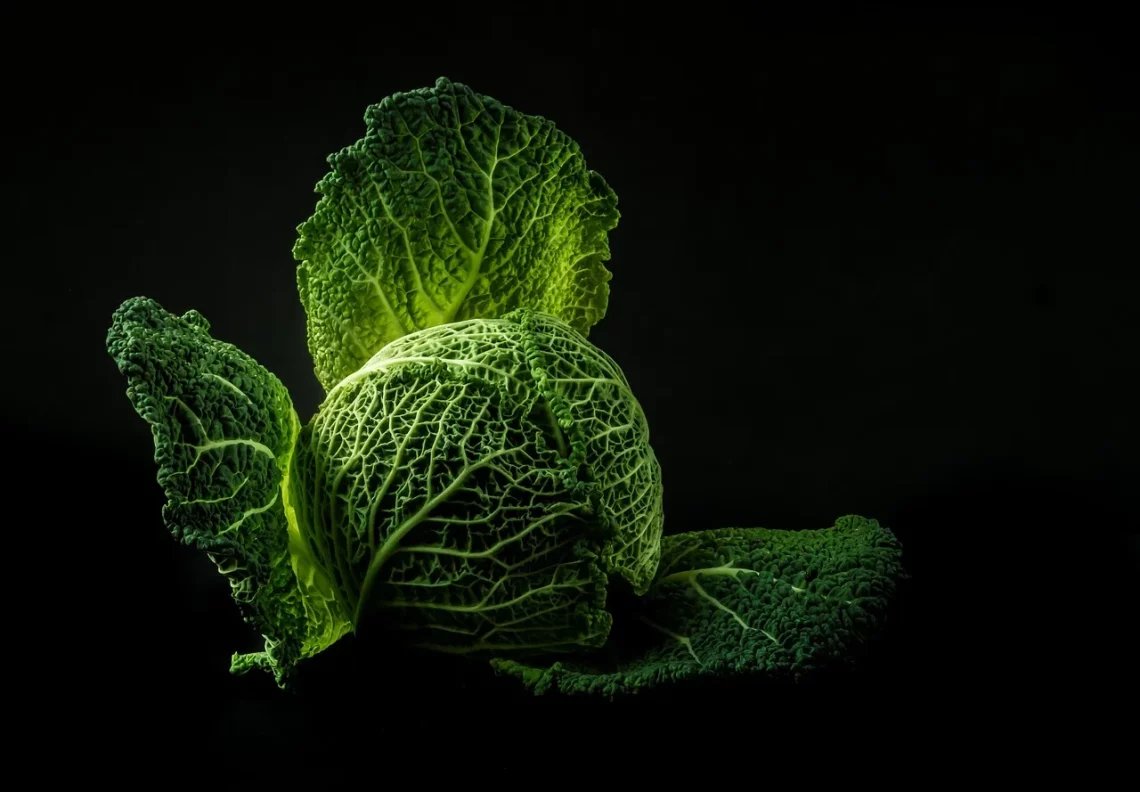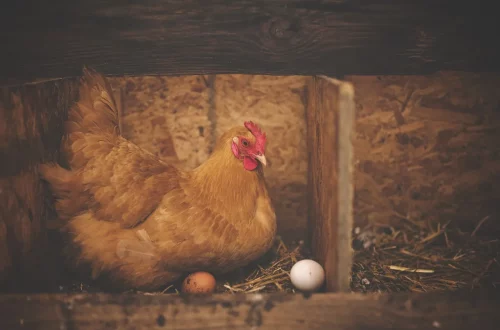
Can Guinea Pigs Have Cilantro in Their Diet?
Guinea pigs are charming little creatures that have gained immense popularity as pets. Their friendly nature and playful demeanor make them excellent companions for families and individuals alike. As with any pet, providing the right diet is crucial for their health and wellbeing. Pet owners often seek to diversify their guinea pigs’ diets with fresh vegetables and herbs, and cilantro is a common choice due to its aromatic flavor and culinary uses in human cooking. However, introducing new foods into a guinea pig’s diet can be a source of concern for many pet owners, as not all human foods are safe for these small mammals. Understanding what constitutes a balanced diet for guinea pigs is essential, not only to ensure they thrive but also to prevent potential health issues associated with improper feeding practices.
Cilantro, known as coriander in some parts of the world, is a herb that is often praised for its nutritional benefits. While it is generally regarded as safe for guinea pigs, it is important to explore its nutritional profile, the potential benefits it may offer, and the appropriate way to introduce it into their diet. The right approach can help pet owners make informed decisions about their guinea pigs’ meals, ensuring their furry friends enjoy a varied and enjoyable diet while staying healthy.
Understanding Guinea Pig Nutrition
To ensure that guinea pigs lead happy and healthy lives, it is essential to understand their unique nutritional needs. These small mammals are herbivores, which means their diet primarily consists of plant matter. In the wild, guinea pigs forage for grass, leafy greens, and various vegetables. A well-balanced diet for domestic guinea pigs includes a combination of high-quality hay, fresh vegetables, and a small amount of pellets specifically formulated for their dietary requirements.
Hay is a cornerstone of a guinea pig’s diet. It provides essential fiber that aids digestion and helps prevent gastrointestinal issues. Timothy hay is a popular choice, but other grass hays can also be included. Fresh vegetables are equally important, as they offer vital vitamins, minerals, and hydration. Leafy greens such as romaine lettuce, kale, and parsley are excellent options. However, not all vegetables are suitable for guinea pigs, so it’s crucial to research which ones are safe.
In addition to hay and vegetables, guinea pigs require a source of vitamin C, as they cannot synthesize it on their own. This can be provided through fresh vegetables, fruits in moderation, or specialized vitamin C supplements. It’s important to monitor the overall composition of their diet to avoid deficiencies or excesses that could lead to health problems.
When introducing new foods, including cilantro, it is advisable to do so gradually. This allows guinea pigs to adjust to the new flavors and helps prevent any digestive upset. By understanding the basics of guinea pig nutrition, pet owners can ensure their furry companions receive the right balance of nutrients for a healthy, active life.
The Benefits of Cilantro for Guinea Pigs
Cilantro offers several benefits that can enhance the diet of guinea pigs when fed in moderation. This herb is rich in vitamins and antioxidants, making it a nutritious addition to their meals. It contains vitamins A, C, and K, which are essential for maintaining healthy vision, boosting the immune system, and promoting proper blood clotting, respectively. Additionally, cilantro is a good source of dietary fiber, which aids in digestion and helps maintain gut health.
Furthermore, cilantro contains various phytonutrients that may help support overall health. Some studies suggest that certain compounds found in cilantro can have anti-inflammatory and antimicrobial properties, though more research is needed to fully understand these effects in guinea pigs specifically. The aromatic flavor of cilantro may also stimulate a guinea pig’s appetite, encouraging them to explore new foods.
However, it is essential to remember that while cilantro can be beneficial, it should only be offered as an occasional treat rather than a staple in their diet. Introduce cilantro gradually, starting with small amounts to monitor how your guinea pig reacts. Some guinea pigs may take to the herb enthusiastically, while others may be more hesitant. Observing their behavior and digestion after introducing cilantro can help determine if it’s a suitable addition to their diet.
In summary, cilantro can provide various health benefits for guinea pigs when incorporated thoughtfully into their diet. Its rich nutrient profile and appealing taste make it an attractive option for pet owners looking to diversify their furry friends’ meals.
How to Safely Introduce Cilantro into Your Guinea Pig’s Diet
Introducing cilantro into your guinea pig’s diet should be a gradual process to ensure their digestive system can handle the new food without any adverse reactions. Begin by offering a small sprig of cilantro alongside their regular diet of hay and vegetables. This allows them to sample the herb without overwhelming their digestive system with a sudden change.
Observe your guinea pig’s reaction to cilantro over the next few days. Look for any signs of digestive upset, such as diarrhea or changes in appetite. If your guinea pig shows any adverse reactions, it is best to discontinue feeding cilantro and consult a veterinarian if necessary. If they enjoy the cilantro and show no negative effects, you can gradually increase the amount you offer, but moderation is key.
It’s also advisable to wash cilantro thoroughly before serving it to your guinea pig. This removes any pesticides or contaminants that may be present on the leaves. Organic cilantro is an excellent choice if available, as it reduces the risk of exposure to harmful chemicals.
When incorporating cilantro into their diet, keep in mind that variety is crucial for guinea pigs. While cilantro can be a delightful addition, it should not replace other essential vegetables and hay. Aim to mix cilantro with other leafy greens and vegetables to provide a balanced and diverse diet.
In conclusion, introducing cilantro to your guinea pig’s diet can be a rewarding experience when done carefully and thoughtfully. By monitoring their reactions and ensuring a balanced approach, you can enrich their diet with this flavorful herb.
Potential Risks and Considerations
While cilantro is generally safe for guinea pigs, there are some potential risks and considerations that pet owners should keep in mind. One of the main concerns is the possibility of digestive upset. Guinea pigs have sensitive digestive systems, and introducing any new food, including cilantro, can lead to gastrointestinal issues if not done gradually. It’s crucial to monitor your guinea pig’s health and behavior after introducing cilantro to ensure they are tolerating it well.
Another consideration is the amount of cilantro fed. While it is packed with nutrients, offering too much cilantro can lead to an imbalance in their diet. As a guideline, cilantro should be treated as a treat rather than a staple. A few small leaves once or twice a week is sufficient to enjoy the benefits without overdoing it.
Additionally, consider any pre-existing health conditions your guinea pig may have. If your guinea pig has a known sensitivity to certain foods or has been diagnosed with specific health issues, it’s always best to consult with a veterinarian before introducing new foods like cilantro. They can provide personalized advice based on your guinea pig’s health status.
Lastly, ensure that the cilantro is fresh and free from any signs of spoilage. Wilting or moldy herbs can be harmful to your guinea pig and should be avoided. A good practice is to only offer freshly purchased cilantro and store it properly to maintain its quality.
In summary, while cilantro can be a healthy addition to a guinea pig’s diet, pet owners must be aware of potential risks. By introducing it slowly, monitoring their health, and considering their specific dietary needs, you can safely incorporate cilantro into their meals.
**Disclaimer:** This article is not intended as medical advice. Always consult a veterinarian for any health concerns regarding your pet.




